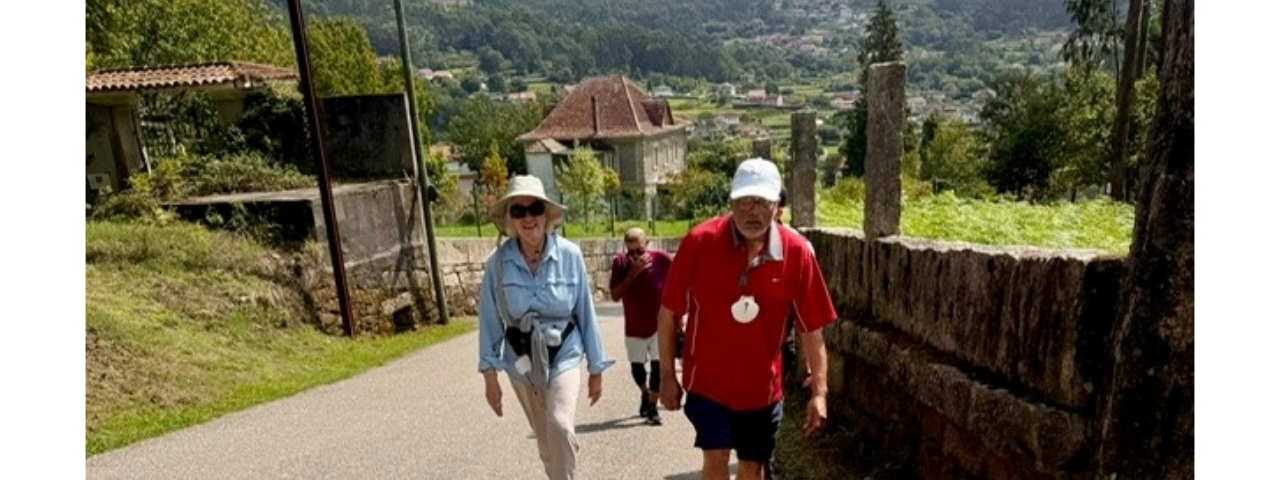Body
Several Shirley Ryan AbilityLab team members participated in the Makeathon, a 72-hour marathon where physical solutions to real life challenges were designed and built by engineers and designers called “Makers” and then paired with people of various conditions referred to as “Need Knowers.” In addition to Shirley Ryan AbilityLab representatives, more than 30 students from Northwestern University and other Chicago-area universities gathered at the Kellogg School of Management at Northwestern University for the event.
The Makeathon is a part of a the global movement called TOM:Tikkun Olam Makers. Founded in Israel, Tikkun Olan means "repair the world" in Hebrew. This new and locally organized community was launched with the support of the Jim Joseph Foundation to mobilize communities on college campuses across the United States and globally.
This was the first year that the event, organized by Kellogg students Gal Ben Dor, Guy Zeltser and Andrew Cabodi, was held at Northwestern University. Andrew reached out to me for assistance in Need Knower recruitment, selection and judging the event. In addition, Elliot Rouse, research scientist, and Bridget Hahn, OT, assisted with reviewing potential Need Knower cases to make sure that they would be feasible to complete within the weekend timeframe.
The team designed a grabber that is initiated by wrist extension.
Body
One of the Need Knowers selected was Chris Krystyn, Shirley Ryan AbilityLab peer mentor. He sustained a C6 spinal cord injury when he was 16 years old and has limited motion below his arms. He encounters challenges when he drops his TV remote control, home phone, cell phone or keys, spending up to 20 minutes with a hanger hook trying to pick up the items or waiting until a caregiver arrives at the end of the day. To address Chris' challenge, the team designed a "grabber" that is initiated by wrist extension. In addition to grabbing, the device is outfitted with magnets and a hook for added functionality.
Kyle Kaveny, Shirley Ryan AbilityLab biomedical engineer, was one of the Makers on Chris’s team. He and others worked on developing solutions as Chris observed and tested prototypes. Throughout the weekend, various Shirley Ryan AbilityLab occupational therapy mentors--Tess Green, Katherine Wido, Jamee Heelan, and Cris Mix--offered support.

